Diseases and Conditions › Blood Pressure › How does the body maintain normal blood pressure?
The body has mechanisms to alter or maintain blood pressure and the flow of blood. There are sensors in the walls of the arteries and heart that sense blood pressure. These sensors are called baroreceptors. Baroreceptors sense blood pressure and then send signals to the heart, the arterioles, the veins, and the kidneys that cause them to make changes that lower or increase blood pressure. There are several ways in which blood pressure can be adjusted--by adjusting the amount of blood pumped by the heart into the arteries (cardiac output), the amount of blood contained in the veins, the arteriolar resistance, and the volume of blood.
The heart can speed up and contract more frequently, and it can eject more blood with each contraction. Both of these responses increase the flow of blood into the arteries and increase blood pressure.
The veins can expand and narrow. When veins expand, more blood can be stored in the veins and less blood returns to the heart for pumping into the arteries. As a result, the heart pumps less blood, and blood pressure is lower. On the other hand, when veins narrow, less blood is stored in the veins, more blood returns to the heart for pumping into the arteries, and, therefore, the heart pumps more blood and blood pressure is higher.
The arterioles can expand and narrow. Expanded arterioles create less resistance to the flow of blood and decrease blood pressure while narrowed arterioles create more resistance and raise blood pressure.
The kidney can respond to changes in blood pressure by increasing or decreasing the amount of urine that is produced. Urine is primarily water that is removed from the blood so that when the kidney makes more urine, the amount (volume) of blood that fills the arteries and veins decreases, and this lowers blood pressure. If the kidneys make less urine, the amount of blood that fills the arteries and veins increases and this increases blood pressure.
Compared with the other mechanisms for adjusting blood pressure, changes in the production of urine affect blood pressure slowly over hours and days. (The other mechanisms are effective in seconds.)
For example, low blood volume due to bleeding into the intestine can cause low blood pressure. The body quickly responds to the low blood volume and pressure by the following adjustments which all increase blood pressure:
The heart rate increases and the forcefulness of the heart’s contractions increase, thus more blood is pumped through the heart.
Veins narrow to return more blood to the heart for pumping.
Blood flow to the kidneys decrease to reduce the formation of urine, and increase the volume of blood in the arteries and veins.
Arterioles narrow to increase resistance to blood flow
These adaptive responses will keep the blood pressure in the normal range unless blood loss becomes so severe and protracted that the responses are overwhelmed.
Article Source:http://medicinenet.com
Article By: Dennis Lee, MD
Help To Calm Yourself And Feel Less Anxious
Help To Lower Your Blood Pressure
Help To Control Your Emotions
Help To Stop Feeling Anxious
Explore Generic Crestor, Reduce Cardiac Threatens
Anxiety Is More Common In Women Than Men
Treat Your High Blood Pressure Efficiently Before This Has Become The Bane Of Your Life, Find Out The Significant Remedy
how does the body maintain blood pressure
,maintaining blood pressure
, how the body maintains blood pressure, how does the body respond to high blood pressure, how does the heart maintain blood pressure, how does body maintain blood pressure,how is blood pressure maintained
,how body maintains blood pressure
,how does the body maintain normal blood pressure
, ,Compare the homeostatic mechanisms that maintain normal blood pressure and heart rate
,does the heart maintain blood pressure
,Compare the homeostatic mechanisms that maintain normal blood pressure and heart rate
,how to maintain blood pressure
,mechanisms that maintain blood pressure
,does the heart help maintain blood pressure
,how do arteries aid in maintaining blood pressure
,mechanisms to maintain blood pressure
,how is blood pressure maintained in the body
,Physiological mechanisms to maintain normal blood pressure
,describe the process by which the body maintains normal blood pressure
, ,how does your body maintain blood pressure
,what maintains blood pressure in body
,increase resistance decrease pressure
,what mechanisms maintain blood pressure
,how the heart maintains blood pressure
,how does our body maintain blood pressure
,how does your body respond to an increase in blood pressure
,how body maintain blood pressure
,mechanism to maintain blood pressure
,how does the body maintain its blood pressure
,how the body maintains normal blood pressure
,how the body monitors and maintains blood pressure
,how do we maintain blood pressure
,how to maintain low blood pressure
,How does the heart maintain pressure
,how does the body react to high blood pressure
, ,how could the change in urine volume with the increase in blood pressure be beneficial to the body
, ,how is the blood pressure maintained
,mechanisms maintain blood pressure
,why does the body need to maintain a constant blood pressure
,how blood pressure is maintained in body
,how does the body respond to an increase in blood pressure
, ,what maintains normal blood pressure
, , ,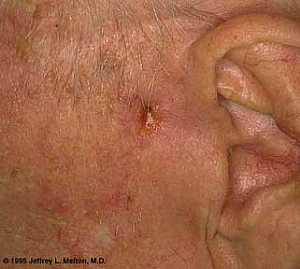 Basal Cell Carcinoma ("Rodent Ulcer" Type)
Basal Cell Carcinoma ("Rodent Ulcer" Type)
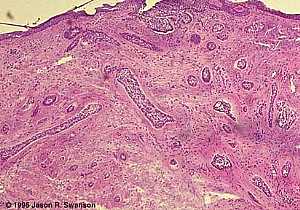 Basal Cell Carcinoma (Histology-Morpheaform Type)
Basal Cell Carcinoma (Histology-Morpheaform Type)
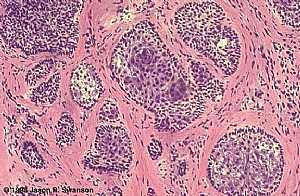 Basal Cell Carcinoma (Histology-Nodular Type - High power)
Basal Cell Carcinoma (Histology-Nodular Type - High power)
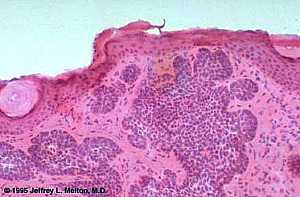 Basal Cell Carcinoma (Histology-Nodular Type- High power)
Basal Cell Carcinoma (Histology-Nodular Type- High power)
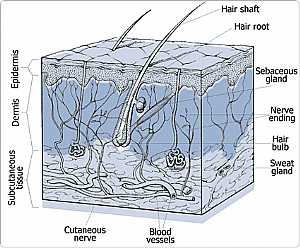 Skin
Skin
 Nervous System -- Basic
Nervous System -- Basic
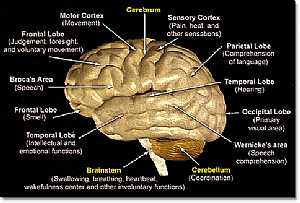 Brain anatomy
Brain anatomy
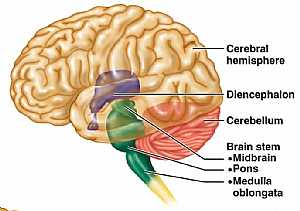 Brain anatomy
Brain anatomy
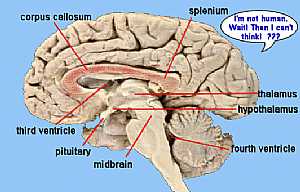 Brain anatomy
Brain anatomy
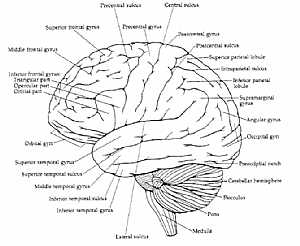 Brain anatomy
Brain anatomy
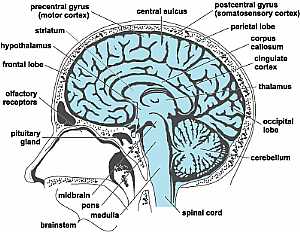 Head anatomy
Head anatomy
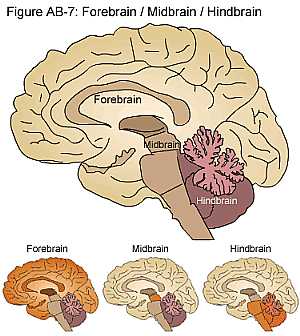 Brain anatomy
Brain anatomy
© Copyright 2001-2022 eDoctorOnline.com

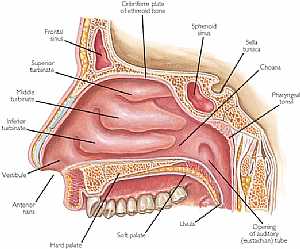 Nose anatomy
Nose anatomy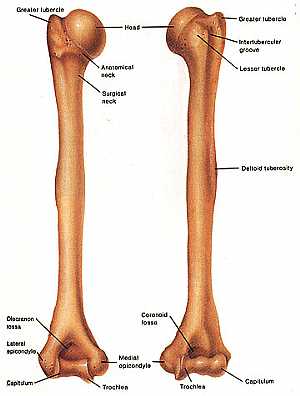 Humerus bone
Humerus bone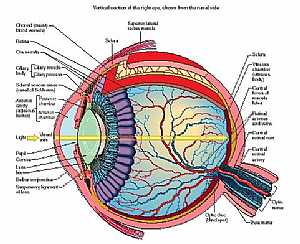 Eye anatomy
Eye anatomy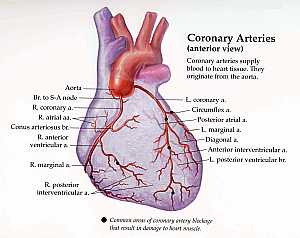 Coronary arteries anatomy
Coronary arteries anatomy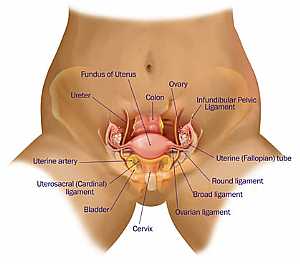 Female pelvic anatomy
Female pelvic anatomy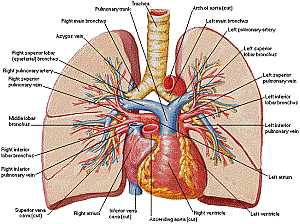 Heart and lung anatomy
Heart and lung anatomy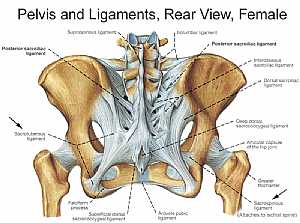 Bones and ligaments of the FEMALE Pelvis
Bones and ligaments of the FEMALE Pelvis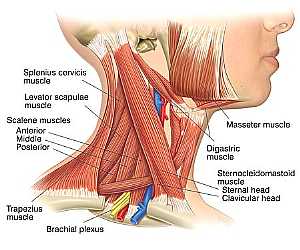 Neck Anatomy
Neck Anatomy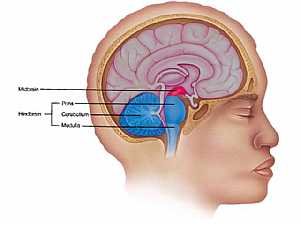 MidBrain anatomy
MidBrain anatomy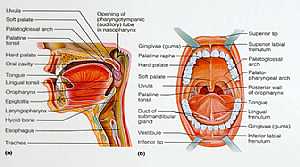 Oral Cavity
Oral Cavity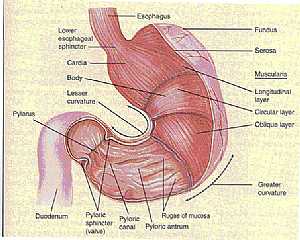 Stomach anatomy
Stomach anatomy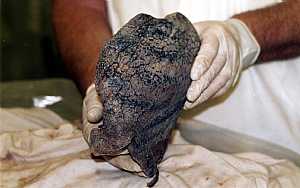 Lung anatomy
Lung anatomy Basal Cell Carcinoma ("Rodent Ulcer" Type)
Basal Cell Carcinoma ("Rodent Ulcer" Type) Basal Cell Carcinoma (Histology-Morpheaform Type)
Basal Cell Carcinoma (Histology-Morpheaform Type) Basal Cell Carcinoma (Histology-Nodular Type - High power)
Basal Cell Carcinoma (Histology-Nodular Type - High power) Basal Cell Carcinoma (Histology-Nodular Type- High power)
Basal Cell Carcinoma (Histology-Nodular Type- High power) Skin
Skin Nervous System -- Basic
Nervous System -- Basic Brain anatomy
Brain anatomy Brain anatomy
Brain anatomy Brain anatomy
Brain anatomy Brain anatomy
Brain anatomy Head anatomy
Head anatomy Brain anatomy
Brain anatomy
from your article i have known how to reduce my blood pressure but need more information on how to lower it further